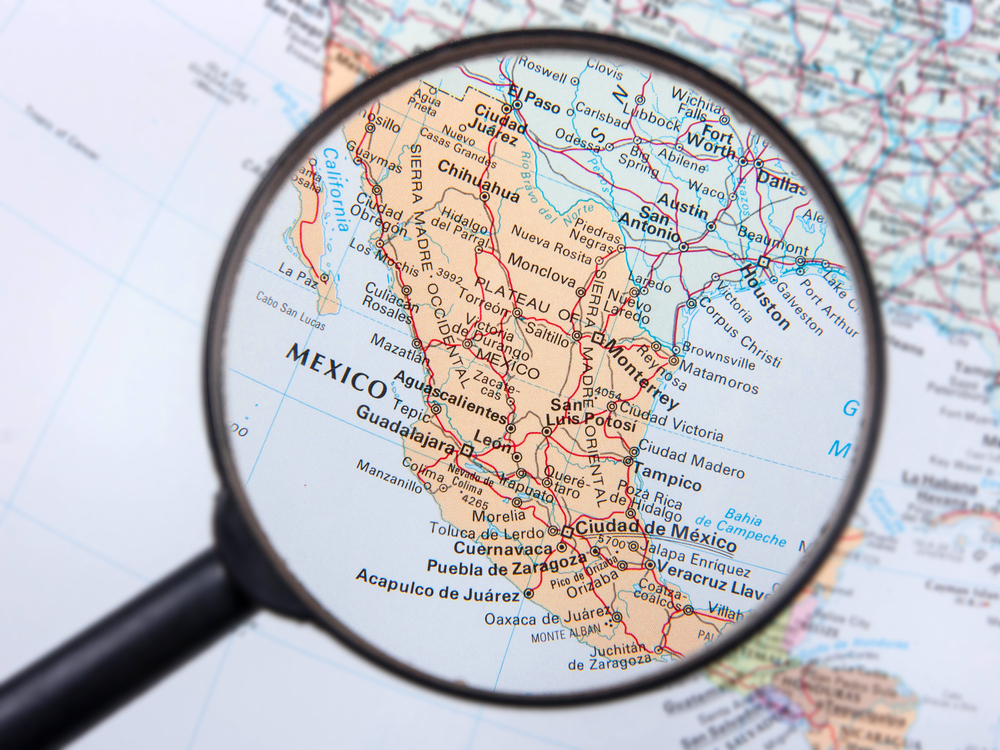When manufacturing in Mexico, paying careful attention to five challenging issues can mean the difference between smooth sailing through Mexican customs and a steady stream of delays – and costs.
That’s the advice of Jim Clarke, vice president of new business development for FOCUS Business Solutions, Inc. Based in Taylor, Mich., FOCUS assists companies in managing their U.S. import processes through handling customs issues, classification of manufactured products and verification of NAFTA eligibility, among other details.
“A lot of times, there are very common errors related to U.S.-Mexico trade in the area of customs,” Clarke notes. “The size of the company we’re dealing with doesn’t matter. If they don’t have direct knowledge or someone on staff that really has the experience in the area of customs, they can run into difficulties.”
The five issues Clarke declares vital are tariff classification, NAFTA claims, customs valuations, customs reconciliation and audits.
1. Tariff classification refers to “whether (companies) have the correct classification for their manufactured good,” Clarke explains. “This is the driver that determines duty rates, as well as whether goods are eligible for a special program. Most importantly in the process, classification of a good is the key element for compliance with the NAFTA rules of origin.”
Many believe NAFTA – enacted in 1994 to erode trade and investment barriers between the United States, Mexico and Canada – makes doing business in Mexico duty-free. While most companies shipping merchandise to a manufacturing plant in Mexico may qualify for tariff-free status on those items, certain customs paperwork requirements must be met to ensure businesses are aligned with NAFTA policies.
2. In regard to NAFTA claims, manufacturers must be able to substantiate that their goods qualify. Some companies, in an effort to save money, have reduced or cut “resources and expertise, or knowledge that they once had to ensure compliance with NAFTA and other free trade agreement requirements,” Clarke notes. “In such instances, companies that manufacture in Mexico need customs assistance.”
3. The value of merchandise being shipped between Mexico and the United States must also be stated correctly, or customs-valuations issues arise.
“There is a significant importance to reconciling estimated values, and determining value adjustments, associated with imported goods,” Clarke adds. “Generally speaking, this is an area that many companies don’t understand.”
4. Another area where companies sometimes find they are on shaky ground is in customs reconciliation, where errant information on classification, valuation and NAFTA claims must be corrected.
5. If problems with tariff classification, NAFTA claims, customs valuations and customs reconciliation regularly occur, customs audits often are the resulting action.
“Of course there are fines and penalties that manufacturing companies in Mexico can incur,” Clarke notes. “Also, customs can start looking at their shipments more diligently if classification or other elements are not done correctly … which can slow down the supply chain. This is a real business issue, and that’s why companies really need to take care of these things.”
Trade between Mexico and the States is big business. U.S. Census Bureau trade statistics recorded from January through July of this year show the United States has exported more than $124 million in goods to Mexico, importing nearly $163 million in merchandise. (Those numbers are up from the same time period in 2011, when exports totaled nearly $112 million and imports hit $150 million.)
Subscribe
Sign up and stay informed with tips, updates, and best practices for manufacturing in Mexico.





